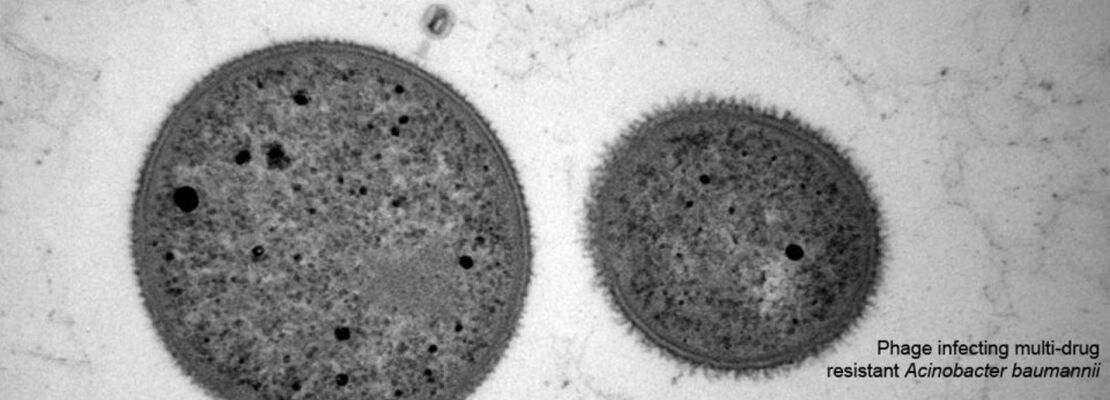A recent publication from the Institute of Medical Microbiology at the Uniklinik RWTH Aachen sheds new light on the movement of bacteria and their adaptability to different environments. The study, led by Prof. Marianne Grognot, head of the Biophysics of Host-Microbe Interaction group, shows how different flagellar architectures of bacteria in different environments affect their swimming performance.
Flagella are long, thread-like structures in living organisms, for example bacteria, animal protozoa or some algae, that serve locomotion. The six-year study, which spanned from Prof Grognot's postdoctoral period in the Taute lab at the Rowland Institute at Harvard University to her current position in the Department of Medical Microbiology, focused on Vibrio alginolyticus - a pathogen that has a single polar flagellum but can also spread numerous thin lateral flagella across its cell body. These lateral flagella have previously been implicated in colonising surfaces, including the host organism. However, the researchers wanted to find out how these lateral flagella affect bacterial behaviour in buffer and mucus-like media, which are often traversed by this pathogen. They compared bacteria with only one polar flagellum with those that had both a polar flagellum and lateral flagella.
To compare the two flagellar architectures, the researchers developed a method that made it possible to directly measure how good a population is at crossing a channel and at the same time analyse the individual behaviour of the bacteria. The results showed that lateral flagella reduced the swimming performance of a population in buffer media but increased the speed at which the population traversed mucus-like media. They further analyzed that lateral flagella dragged the bacteria down in buffer, but increased their speed and helped the cells escape from traps in mucus-like media.
"This work is the first stone on which the Grognot Lab is getting built. It shows how bacteria swim differently depending on their flagella, but also -crucially- depending on their environment. Now that we are part of the Institute of Medical Microbiology, we strive to interrogate the diversity in swimming performances of intestinal pathogens and gut commensals, in more clinically relevant conditions," Prof. Grognot classifies the importance of this research. Overall, it should raise the understanding of bacterial movement and environmental adaptation to a new level. In the long term, the findings could lead to the development of new approaches to target pathogens motility during infection.
The article has been published in PNAS and can be found here or obtained from Prof. Grognot upon individual request.












